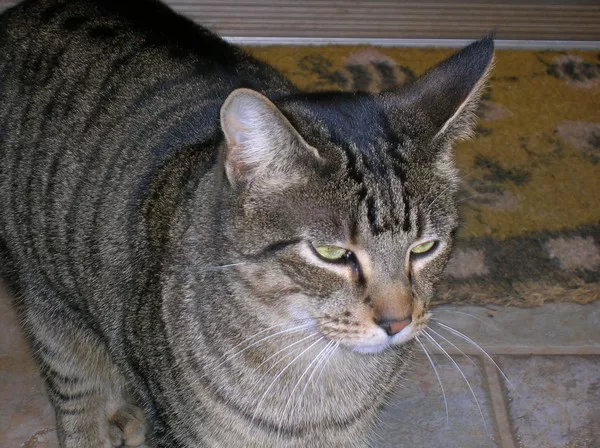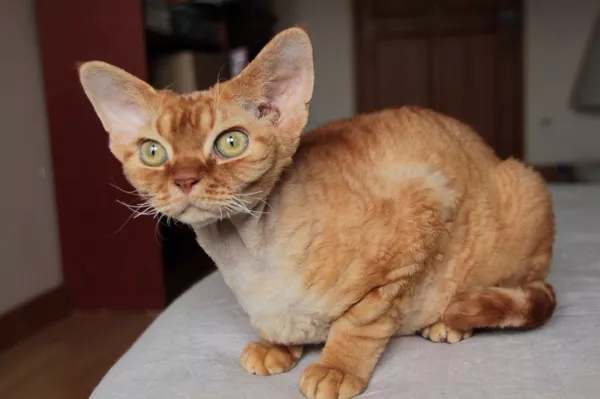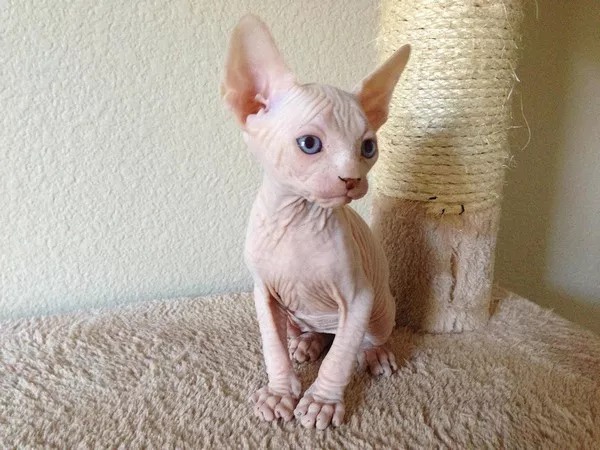Bringing a kitten into your home is an exciting and joyous experience. These tiny bundles of fur bring warmth and companionship, but with the joy of pet ownership comes a responsibility to understand and care for your new feline friend’s needs. One aspect that often concerns cat owners is the frequency of their kittens‘ bowel movements. In this comprehensive guide, we will explore the normal patterns of kitten defecation, factors influencing their bathroom habits, and when to be attentive to potential health concerns. By gaining insight into how often kittens poop, you can ensure the well-being of your furry companion.
Normal Patterns of Kitten Defecation
Understanding the baseline for normal kitten bowel movements is crucial for responsible pet ownership. Generally, kittens, like adult cats, tend to be meticulous groomers and self-regulate their bowel habits. Here are some key points to consider regarding normal kitten defecation patterns:
Frequency by Age:
The frequency of a kitten’s bowel movements can vary based on its age. Younger kittens, especially those under three weeks old, typically need assistance with stimulation for bowel movements. As they grow, they gradually develop the ability to defecate on their own.
Nursing Kittens:
Nursing kittens often have softer stools compared to those on solid food. The mother cat plays a vital role in stimulating bowel movements in very young kittens by licking their abdomens. This licking not only helps with bowel movements but also keeps the nest clean.
Solid Food Transition:
As kittens transition to solid food, usually around four to six weeks of age, their bowel movements become more formed. This transition is accompanied by a change in frequency, with kittens generally defecating less often than when solely nursing.
Frequency for Adult Cats:
Adult cats typically defecate once a day, although some may go more frequently. Understanding this baseline is essential for gauging any deviations in your kitten’s bowel habits as they grow.
Factors Influencing Kitten Bowel Habits
Several factors influence how often kittens poop. By being aware of these factors, you can better understand your kitten’s individual needs and address any potential concerns:
Dietary Factors:
The type of food your kitten consumes significantly impacts its bowel habits. High-quality, well-balanced kitten food promotes healthy digestion and regular bowel movements. Sudden changes in diet can lead to gastrointestinal upset and changes in stool consistency or frequency.
Hydration Levels:
Adequate hydration is essential for maintaining healthy bowel function. Ensure that your kitten always has access to fresh, clean water. Dehydration can lead to constipation, affecting the frequency and consistency of bowel movements.
Parasites and Infections:
Intestinal parasites, such as worms, can affect a kitten’s digestive system, leading to irregular bowel habits. Regular veterinary check-ups and deworming treatments are crucial for preventing and addressing these issues.
Stress and Anxiety:
Kittens, especially those in new environments, may experience stress or anxiety that can impact their bowel habits. Changes in the home environment, introduction to new pets, or a visit to the veterinarian may cause temporary changes in defecation patterns.
Health Conditions:
Underlying health conditions, such as gastrointestinal disorders or food sensitivities, can influence how often kittens poop. If you notice persistent changes in your kitten’s bowel habits, consult with a veterinarian to rule out any potential health concerns.
When to Be Attentive to Potential Health Concerns
While variations in bowel habits are normal, certain signs may indicate underlying health issues that require attention. Be attentive to the following indicators and consult with your veterinarian if you observe:
Diarrhea or Constipation:
Persistent diarrhea or constipation can be signs of digestive issues, dietary problems, or infections. Changes in stool consistency, especially if accompanied by lethargy or loss of appetite, warrant prompt veterinary evaluation.
Blood in Stool:
The presence of blood in your kitten’s stool is a concerning sign that requires immediate attention. Blood can indicate various issues, including parasites, infections, or gastrointestinal disorders.
Straining in the Litter Box:
If your kitten appears to be straining during bowel movements or shows signs of discomfort in the litter box, it may be indicative of constipation, urinary issues, or other health concerns.
Sudden Changes in Behavior:
Sudden changes in behavior, including increased aggression, withdrawal, or vocalization during bowel movements, may signal pain or discomfort. These changes should be investigated by a veterinarian to rule out potential health issues.
Weight Loss:
Unexplained weight loss accompanied by changes in bowel habits requires immediate veterinary attention. Weight loss can be a sign of underlying health issues that need to be addressed promptly.
See Also: Why Is My Cat Pooping Outside the Litter Box & How to Stop It
Conclusion
Monitoring and understanding how often kittens poop is an essential aspect of responsible cat ownership. By recognizing normal patterns, being aware of influencing factors, and remaining attentive to potential health concerns, you can ensure your kitten’s overall well-being. Regular veterinary check-ups, a balanced diet, and a nurturing environment contribute to happy and healthy kittens as they grow into thriving adult cats.



























